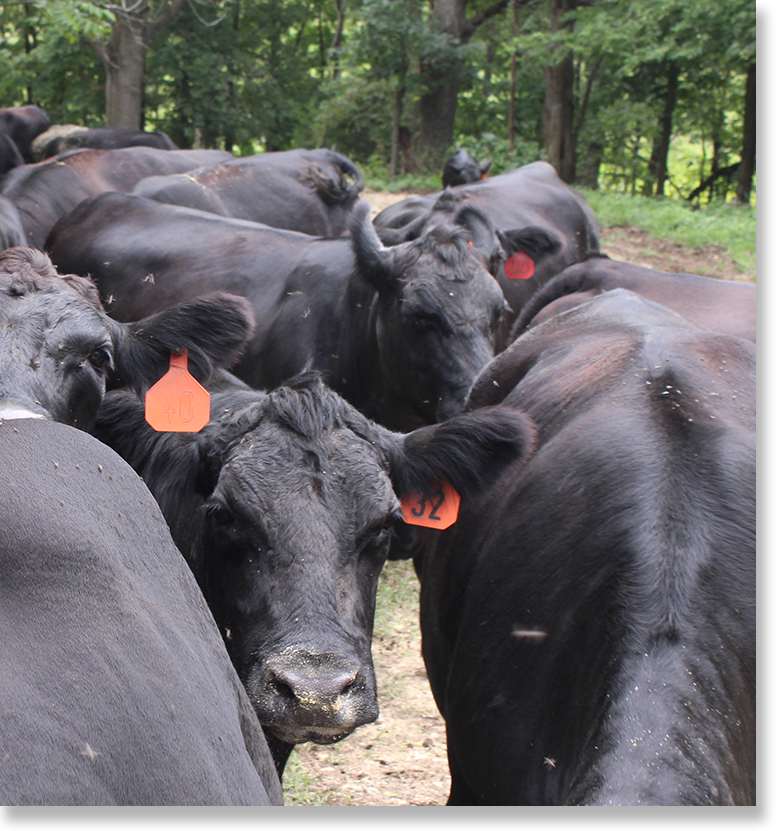|
The Devil’s in the Details:
USDA Owes Independent Processors Clear Commitments by Tim Gibbons Columbia, Missouri |
||||
After a year of meat shortages, more Americans than ever are realizing that our meat and poultry processing sector needs an overhaul. For instance, when a cyberattack on the biggest processor, JBS, forced its facilities to shut down, the entire national supply chain faced major delays. As long as just a handful of massive corporations like JBS and Tyson control most of the sector, our processing system is vulnerable to disruptions. Now, as the Biden Administration and the United States Department of Agriculture prepare to expand processing capacity with new COVID relief funds and loan guarantees, the USDA must ensure that these investments diversify, as well as expand, our processing system. The risks of our highly consolidated processing system may have come to light for many during the pandemic, but these consequences aren’t new. For decades, Missouri Rural Crisis Center has heard from our members who raise livestock about the limited options for slaughter and processing and its impact on their businesses. I often hear them say that they have consumer demand for their product and they know they can produce more animals while keeping their standards high, but they can’t expand their business because there simply aren’t enough processing facilities available to small producers like them. Sure enough, the number of federally inspected meat processing plants has been steeply declining, dropping 36 percent from 1990 to 2016. Decades of lax antitrust enforcement, unbalanced regulation and predatory marketing practices by the largest players have hollowed out our livestock processing infrastructure across the country and put the majority of small processors out of business. In the face of this processing desert, the independent farmers and processors MRCC works with have come together to create a cooperative model that supplies our community with local pork products raised the traditional way by independent family farmers. It’s incredible to see how much the farmer, processor, and consumer benefits from local meat produced by local family farms. We need strong federal support to help expand these kinds of grassroots efforts into a robust infrastructure in every region of the country. The USDA needs to keep some key principles in mind as it designs programs to build a more resilient processing system. For instance, in addition to investing in new and expanding small and mid-sized plants, the USDA needs to work as quickly as possible to address anticompetitive practices that have dominated livestock and poultry markets for decades. The USDA should immediately close loopholes in the “Product of the U.S.” standard for voluntary country of origin labeling of meat and work with Congress to once again make that labeling mandatory as soon as possible. The USDA must also ensure that multinational corporations aren’t benefiting from investments earmarked for independent processors. If left unchecked, massive corporations often swoop in to buy out smaller processors and seize more market control, so we must block these corporations from acquiring independent facilities that get USDA relief funds for at least 10 years. Next, the USDA should examine the potential for federal procurement to bolster these public investments into small and mid-sized processing plants. Dedicating a portion of USDA nutrition programs and other food purchases to products from small processing plants could help these plants and the independent livestock producers they buy from achieve a new level of economic viability. With the right investments and rules to ensure a level playing field, not only will independent, family-scale livestock and poultry producers be better able to access markets and grow their small businesses, but rural communities and economies will enjoy more sustainable and resilient food systems and economies. All it takes is for the USDA and Congress to prioritize the small businesses that are the backbone of our economy and the family farmers who put food on our tables. About the author: Tim Gibbons is communications director for the Missouri Rural Crisis Center, a statewide farm and rural organization dedicated to preserving family farms and promoting stewardship of the land and environmental integrity. Also see:
|
||||
|
Published in In Motion Magazine December 3, 2021 |
||||
If you have any thoughts on this or would like to contribute to an ongoing discussion in the  What is New? || Affirmative Action || Art Changes || Autonomy: Chiapas - California || Community Images || Education Rights || E-mail, Opinions and Discussion || En español || Essays from Ireland || Global Eyes || Healthcare || Human Rights/Civil Rights || Piri Thomas || Photo of the Week || QA: Interviews || Region || Rural America || Search || Donate || To be notified of new articles || Survey || In Motion Magazine's Store || In Motion Magazine Staff || In Unity Book of Photos || Links Around The World NPC Productions Copyright © 1995-2021 NPC Productions as a compilation. All Rights Reserved. |


